Are Dead Children the Benchmark for Adoption?
By: Julie Beem
This whole Russian adoption ban issue is ridiculous!
There, I said it. I suspect many of you were thinking it. A knee-jerk political reaction designed to make Americans in general, and American adoptive parents in particular, look like violent, evil monsters. The Russian government uses the deaths of 15 Russian-born adoptees as the fuel to stop thousands of adoptions and to insist that they be allowed to come to this country to provide oversight on our adoptive families.
How Possible is the Impossible?
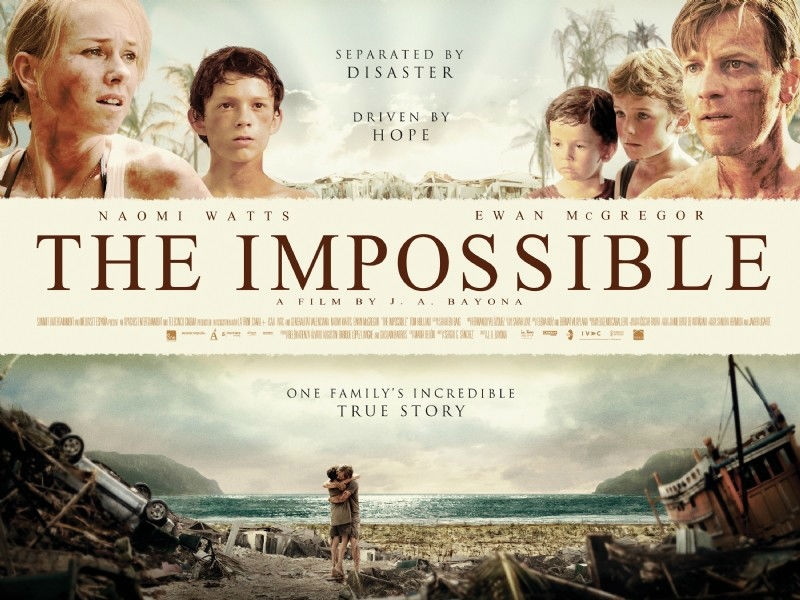
By: Nancy Spoolstra
Last weekend I saw the movie The Impossible with my husband and very pregnant daughter. The movie is about a family of 5 that miraculously survives the Indian Ocean tsunami intact … no family member perished. Most families were not nearly so fortunate. The movie is all about relationships. I don’t think there was a dry eye in the house … at least among the movie-goers who were healthy enough to be in relationship with one or more other people. I left that theater wanting to hug each and every member of my family who is near and dear to me. And it forced me once again to examine the dichotomy of my family dynamics.
A Swing and A Miss
By: Marc Deprey
In my last entry, I listed a number of potential subjects to talk about on this blog and of course, I’ve decided not to talk about any of them today. I just want to talk about the heartbreak of never really being close to your kid.
Why I hung up on my son
By: Nancy Spoolstra
It has been nearly five years since I regularly blogged at adoptionblogs.com, and I have been excited to resume blogging, although on a less rigorous schedule. So it was surprising to me that I was struggling to get this first blog written. I think I wasn’t quite sure how or where to start. As many of you understand, five years can be a long time and a big change in our families … or, it might be five years later and the same old, same old. In my case, I am five more years down the path of redefining my life without the daily reality of breathing the same air as one or more children with severe attachment issues.
It Doesn’t Hurt to Laugh

By: Anna Paravano-Frise
Ok, let’s face it:
“Sometimes you feel like a nut, sometimes you don’t.” (Hershey’s)
Kind of like that nutty guy on the ceiling in the movie “Mary Poppins” who sang, “I love to laugh!” I really do love to laugh! I love anything and anyone that makes me laugh. BC (Before Child), I really bought into the notion that “laughter is the best medicine.” Life can be such a serious business so I made it a point to watch comedies and comedians as a way to release stress, fight depression, or simply have fun. Yes, I loved a good drama but when times got tough, I used laughter as one of my coping mechanisms.
I’m Perfect…I’m a Failure

By: Julie Beem
LuLu and I build gingerbread houses. We build them for the annual competition at her virtual school. She’s a serious competitor. Prior to the houses we built for the last competitions, I had absolutely no gingerbread house experience. It has been a trial by fire – and a lot of work! But the interesting thing is that it’s been a fruitful adventure and one that showcases some of her talents.
Attachment — Barbie Style
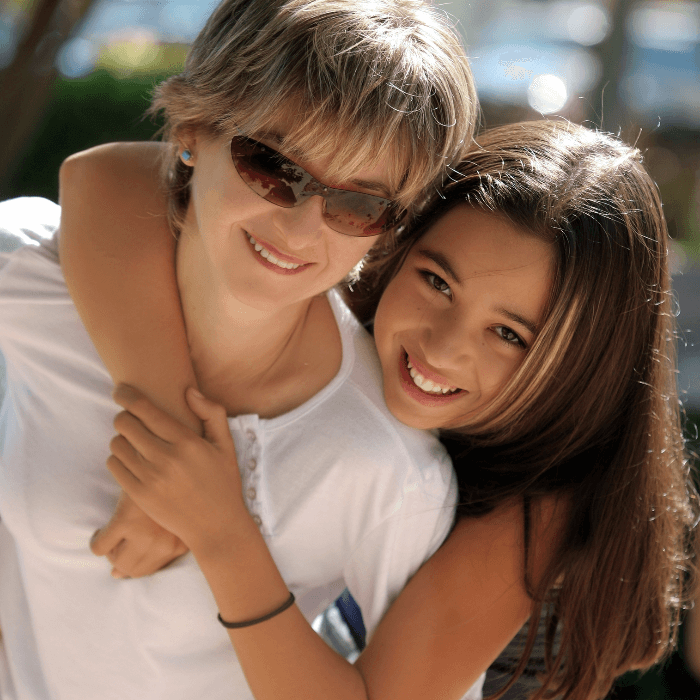
By: Gari Lister
Our attachment therapist a long time ago suggested that if my girls had a difficult time with my massaging and touching them, I could have them rub lotion on me. Well, I started out with lotion, but I have three girls so . . . the lotion turned into nail polish, and the nail polish turned into hair styling, and the hair styling turned into makeup. Every so often, one of my little girls runs into the bathroom and runs out with a lotion or a blush or a handful of hair accessories and gives me a hopeful look.
Where to begin?
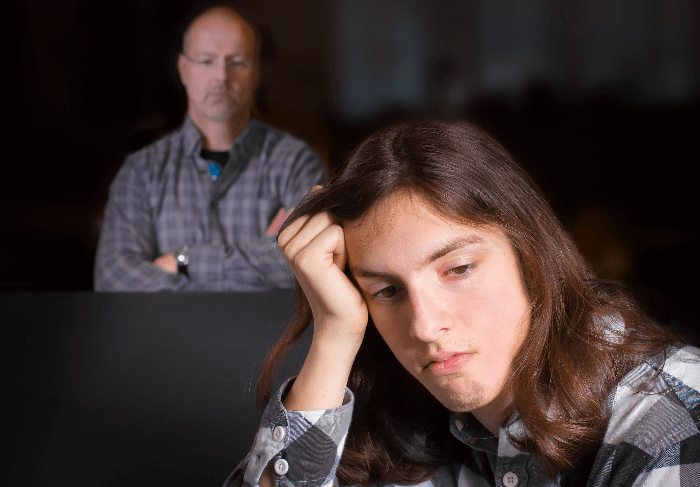
By: Marc Deprey
Father and SonWell, here it is, the moment I’ve been thinking about. How to start my contribution to ATN’s new blog? I could write about the experience of parenting two kids, eleven months apart with Developmental Trauma Disorder and the whole whack-a-mole nature of that day-to-day experience. I could write about the fact that I can only take time to write this when my kids are asleep and I’m exhausted, or the idea that being around them wears me down to the core (and that I can’t imagine I’ll have any core left sometime soon).
Never Let Them See You Sweat
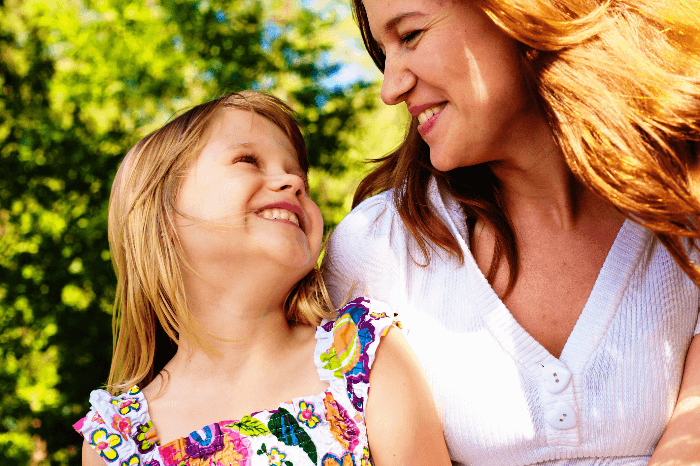
By: Julie Beem
Every Monday my daughter (let’s call her LuLu) goes to a social skills class. Most of the children are on the autism spectrum and that seems to work fine for her, even though I truly believe her developmental issues are trauma-related and not true autism (or at least not entirely autism-related). It’s a nice bit of downtime for me, given that she’s in virtual school and I’m her daily learning coach. Chatting with the other mothers is my own social break. One of the mothers recently revealed that her daughter was also adopted and did it in the context of exploring why she acted the way she did. We’ve since discussed ways that her daughter’s autism diagnosis doesn’t quite “fit” some behaviors and maybe there was something more there. (Yes, I believe there is – early childhood trauma.)
No, My Kids are Not Like Everyone Else’s
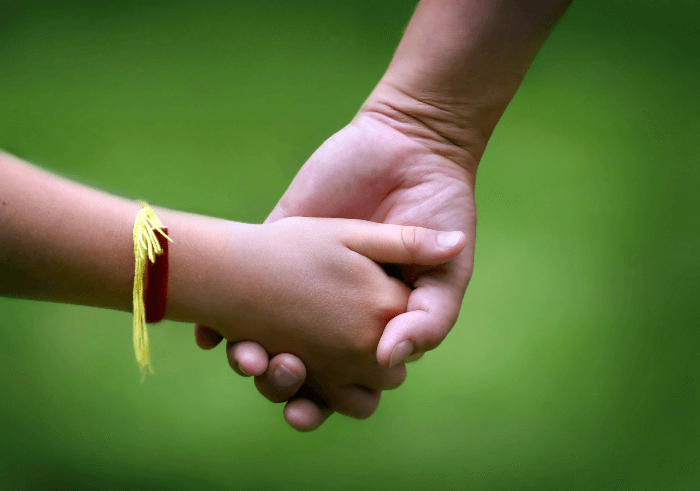
By: Gari Lister
Mom and daughterUntil today, my first blog was going to be uplifting. I have three girls affected to varying degrees by their early trauma in orphanages in Russia and Ukraine, and things seemed to be going really well. We just finished a wonderful vacation with the two younger girls, and the third had returned home in October after years of living “on-her-own-traumatized-child-style,” which means she dropped out of high school and generally could not handle being part of a family. Unfortunately, though, we made the mistake that all of us moms and dads of traumatized children sometimes do. We forgot. We forgot she wasn’t like other teenagers, or us, or even the 11 year old (she’s 21). We forgot how messed up her brain is when she makes decisions – or doesn’t make decisions. We believed that she could handle what seemed so simple – feeding our cats and cleaning up after them. She doesn’t have a job (long story), and we agreed to pay her to feed them so she would have a little spending money. We asked neighbors to keep an eye out on things, and put our dogs in boarding.